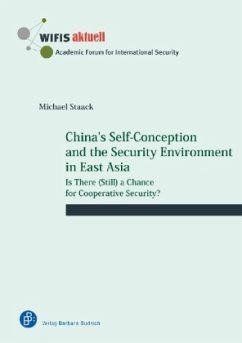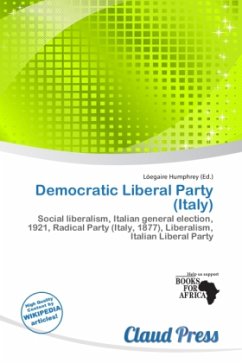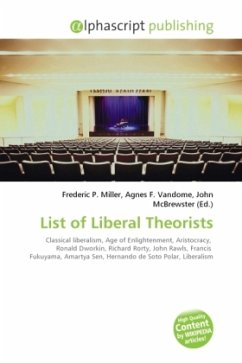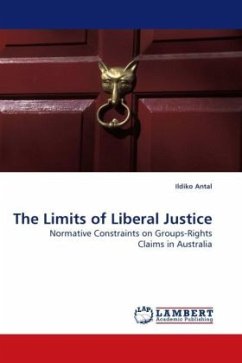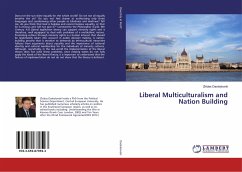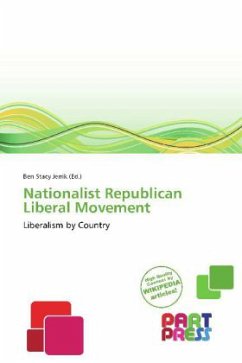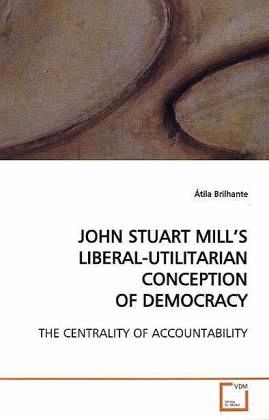
JOHN STUART MILL S LIBERAL-UTILITARIAN CONCEPTION OF DEMOCRACY
THE CENTRALITY OF ACCOUNTABILITY
Versandkostenfrei!
Versandfertig in 6-10 Tagen
39,99 €
inkl. MwSt.

PAYBACK Punkte
20 °P sammeln!
It is evident that almost all of the commentariesproduced since the early 1860s on John Stuart Mill'spolitical philosophy in general, and on his accountof democracy in particular, have serious deficiencies. Among these deficiencies, three inparticular are worth mentioning: 1) the lack ofrecognition of the fact that a peoccupation withaccountability has a central role in Mill s politicalthought; 2) the propensity to separate the study ofthe socio-political institutions that Mill proposedfrom the broader concerns of his moral and politicalphilosophy; and 3) the disregard of the fact thatMill bel...
It is evident that almost all of the commentaries
produced since the early 1860s on John Stuart Mill's
political philosophy in general, and on his account
of democracy in particular, have serious
deficiencies. Among these deficiencies, three in
particular are worth mentioning: 1) the lack of
recognition of the fact that a peoccupation with
accountability has a central role in Mill s political
thought; 2) the propensity to separate the study of
the socio-political institutions that Mill proposed
from the broader concerns of his moral and political
philosophy; and 3) the disregard of the fact that
Mill believed that socio-political reforms had to
take into account the characteristics of
national character, the historical trends operating
in society, and the characteristics of human nature.
This thesis argues that accountability was a central
concern in Mill s liberalutilitarian thought. It was
a concern that permeated his attempts to construct
institutions which would prevent groups and
governments from imposing their wishes on others and
facilitate the removal from power of those who were
governing against the interests of society.
produced since the early 1860s on John Stuart Mill's
political philosophy in general, and on his account
of democracy in particular, have serious
deficiencies. Among these deficiencies, three in
particular are worth mentioning: 1) the lack of
recognition of the fact that a peoccupation with
accountability has a central role in Mill s political
thought; 2) the propensity to separate the study of
the socio-political institutions that Mill proposed
from the broader concerns of his moral and political
philosophy; and 3) the disregard of the fact that
Mill believed that socio-political reforms had to
take into account the characteristics of
national character, the historical trends operating
in society, and the characteristics of human nature.
This thesis argues that accountability was a central
concern in Mill s liberalutilitarian thought. It was
a concern that permeated his attempts to construct
institutions which would prevent groups and
governments from imposing their wishes on others and
facilitate the removal from power of those who were
governing against the interests of society.



